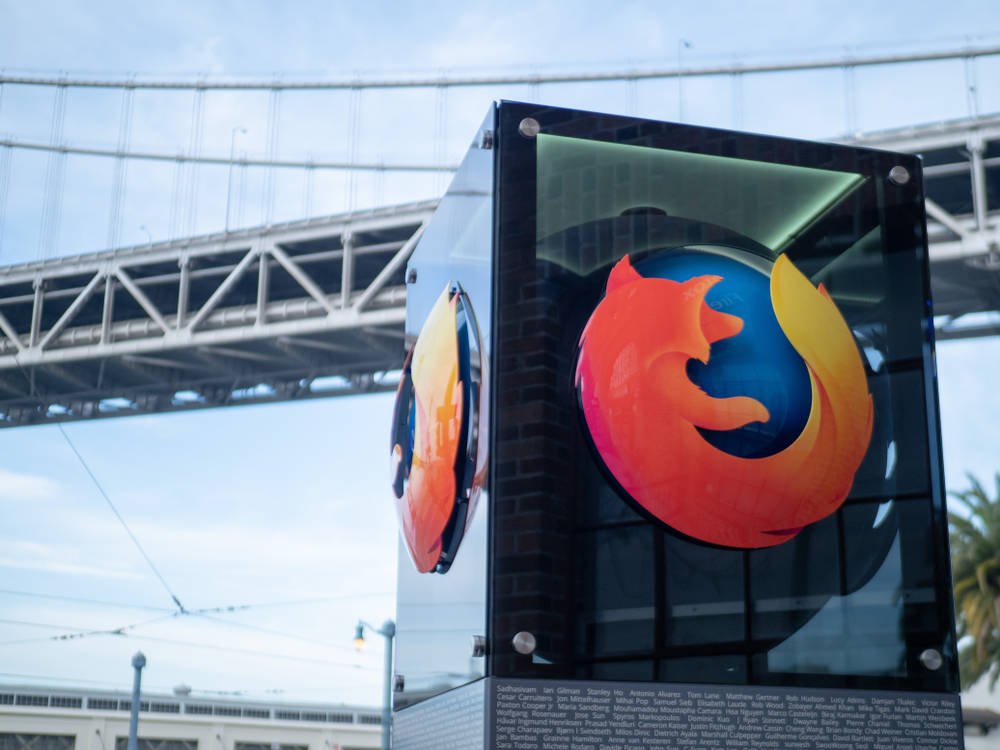- cross-posted to:
- technology@lemmy.zip
- cross-posted to:
- technology@lemmy.zip
“The elephant in the room – and the opportunity – is how to solve for the industry-created problem that people don’t like and don’t trust advertising,” said Garcia. “Privacy-enhancing tech doesn’t make creepy and disruptive ads less creepy or disruptive in the eyes of the average user.”
Emphasis mine.
Betting on your reputation that users will trust you to adequately handle an issue that really seems like it’d end up with a conflict of interest seems like a fancier manner of saying you’re risking taking a dump on your reputation.
No way through but forwards now, eh. Not feeling particularly optimistic, but I’m cheering for them all the same. Their concerns and observations about the direction the industry is headed in are valid.
I have really mixed feelings on this.
On the one hand, I have to be pragmatic. The truth is that the internet kinda needs at least some ads to be viable. Hosting stuff and creating stuff isn’t free. It needs to be paid for somehow, and I doubt people are willing to pay a fee for each site they visit (not that the infrastructure exists for that anyway!)
Accepting that undeniable truth, I guess we should push for ads to be as uninvasive and privacy respecting as possible. Which is what this project is.
If this takes off, it would certainly be a net positive, and it could even pressure the likes of the EU to force Google/Meta/others to adopt the same kind of thing. It would also be good from the perspective of Mozilla lessening their reliance on Google.
That said… I can’t help but feel Firefox is playing with fire here. A lot of their users hate ads (same, ublock origin ftw), and they might view getting involved with this very poorly, risking Firefox losing even more market share.
And I know the ads will be private, but despite that I think any ad associations at all with Mozilla products risks undermining that reputation.
They should be very cautious with this.
The truth is that the internet kinda needs at least some ads to be viable.
It really does not.
- Wikipedia does not need ads (it’s supported by donations).
- Bittorrent does not need ads (the load is distributed to the users themselves).
- Labor-of-love amateur websites from the '90s (that had more actual useful information than the SEO-optimized lazily-copywritten (or increasingly, AI-generated) bullshit we have today does) did not need ads.
- Fediverse services do not need ads (being a combination of donation-supported nodes and, in the case of PeerTube, Bittorrent-style load distribution).
Frankly, if all the corporate content that exists only to make a buck off advertising were deleted tomorrow, the Internet not only would remain viable, it would be better off!
Apple Safari’s Privacy-Preserving Ad Measurement
Does this setting mean:
A) Privately ad-measure me (you’re being measured no matter what so might as well enable this)
B) If you don’t select A, we gonna Unprivately ad-measure you, Safari aint free biatch (fine, full anal probe motherfucker)
“Don’t show me personalized ads”
Oh so you will continue to try and track me, you just won’t show me targeted advertisements?
That’s what passes for privacy on the internet today.
Why does Mozilla need ad dollars? Firefox is open source? If they don’t have a search engine what buisness do they feel thatvthey need this? Ads in Firefox potententially incoming??
If they would just stick with Firefox and nothing else they would be alright but they just keep doing things their userbase won’t like. They keep rissing their own expenses, for what? And wonder why no one uses Firefox. I wonder why.
The android app is about as clunky like Chrome even though it doesn’t need to be. Try other open source browsers like Lighting, which can view most modern sites and are just better made and don’t feel clunky and slugish.
The day they announced vpn services I dropped from Firefox. Because now its going to be more expensive for them. And they did more since then.
Im cautiously curious to see if they can pull it off.
This is the best summary I could come up with:
Analysis Mozilla this week said it has acquired ad metrics firm Anonym, touting the deal as a way to help the online advertising industry support user privacy while delivering effective adverts.
Essentially, Moz has bought an outfit, founded in 2022 by former Meta executives, that among other things helps advertisers and ad networks measure how well online adverts are performing and that they are being seen by the right audiences, in a way that ideally preserves people’s privacy.
As services like Oracle Advertising fall victim to reduced data availability, those aiming to reinvent the ad market in a more legally compliant form have grown fond of the phrase “privacy-preserving.”
Asked whether Mozilla has any concerns that its user base, many ardent ad-blockers among them, will oppose Anonym, a spokesperson for the Firefox house told The Register advertising as a business model is what allows the internet to be free and open to everyone, though there’s still room for improvement.
In that way, it provides a compelling competitive vision to those proposed by the dominant ad platforms today, where data is consolidated behind their already high garden walls and advertisers and consumers are asked to trust them that they are protecting privacy."
Garcia said that given Mozilla’s work to advance tracking protection and the positions they’ve taken about the need for regulatory interventions that limit first-party data sharing to promote competition, there’s reason to be optimistic about the Anonym deal.
The original article contains 933 words, the summary contains 239 words. Saved 74%. I’m a bot and I’m open source!



